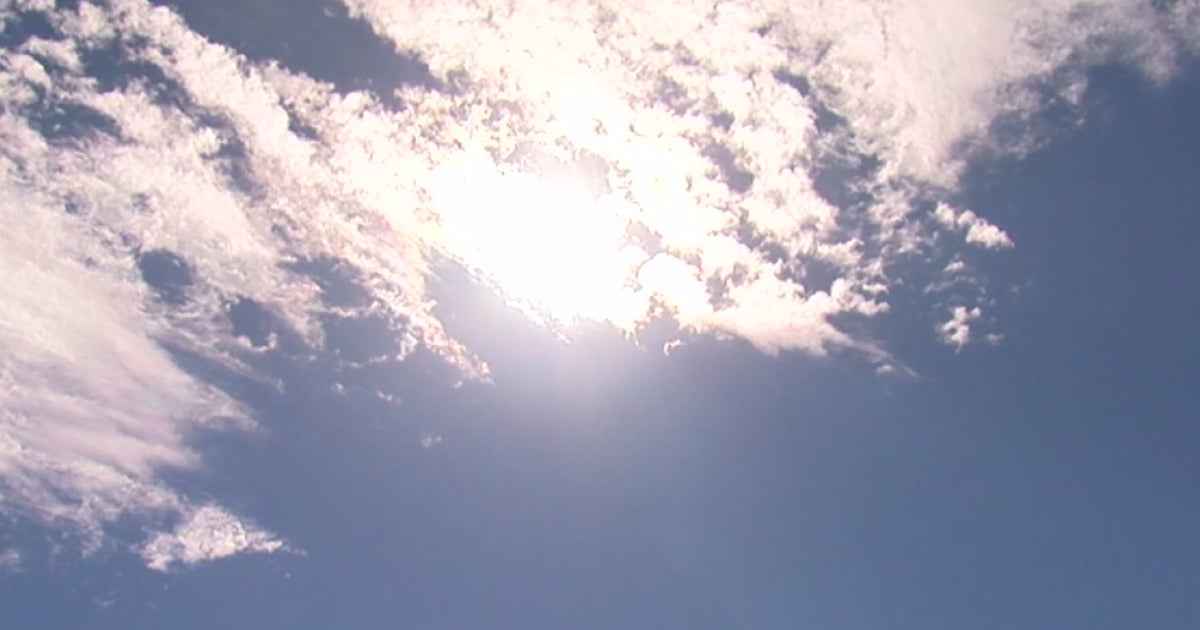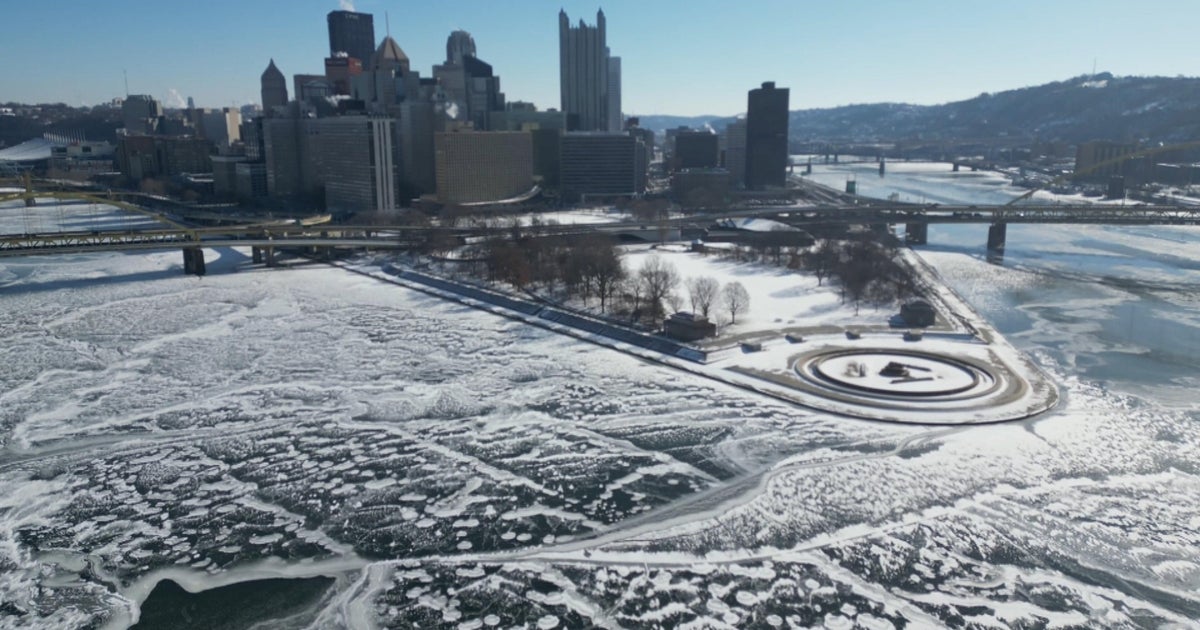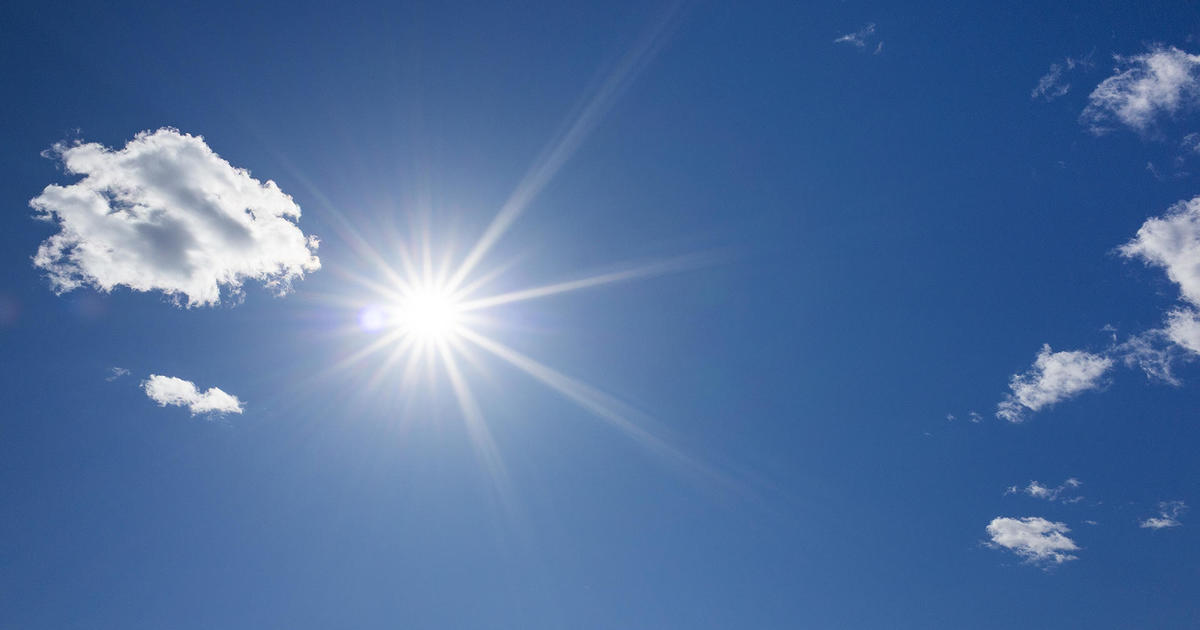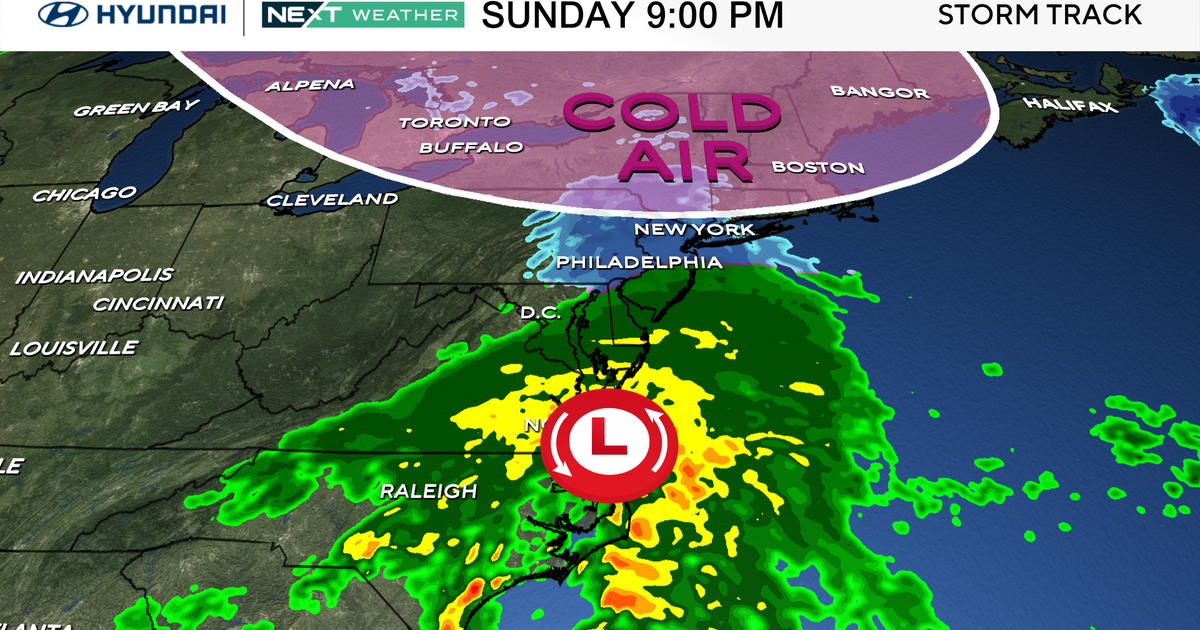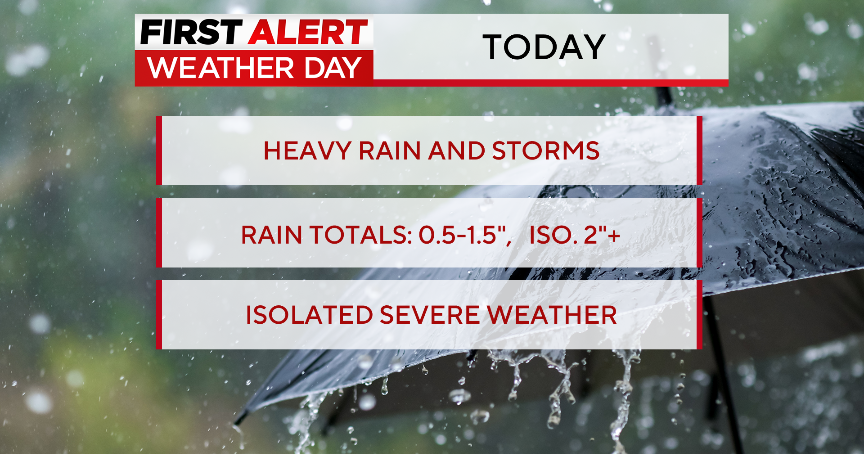Warm winter days in Chicago may have deadly consequences for wildlife
CHICAGO (CBS) -- Sunny skies, a dewy breeze, and the record-shattering warm temperatures treated Chicagoans at the end of February.
According to experts, this is a stark contrast from what winter weather should be and a clear sign of climate change. Humans might enjoy short-sleeved temps, but it will have devastating consequences for other animals.
What is the impact of a single warm winter day or two back-to-back?
It's more than just a blip.
Reptiles and amphibians
It's incredibly confusing to many of the amphibians and reptiles that live in Cook County.
According to Chris Anchor, senior wildlife biologist at the Forest Preserves of Cook County, it tricks them into thinking it's already spring, causing the animals to emerge from the ground early.
"Instead of late February, they think it's late March or early April. They're moving away from their safety zones," Anchor said.
Those safety zones are called a hibernaculum, an underground protective covering where amphibians seek refuge during the winter.
Wednesday night, temperatures are expected to drop into the teens. A high of 76 degrees on Tuesday to a sharp wind chill of 4 degrees, according to CBS 2 meteorologists.
"If that doesn't kill them outright, it will make them immobile and susceptible to predators. Raccoons, skunks, coyotes, possums, foxes, and birds of prey," Anchor said.
"That is going to take a big chunk out of the population. It's very detrimental to many species for this to happen," he said.
Right now, the biggest concern is for snakes, which have a crucial role in biodiversity and have a direct benefit to human life.
According to the Wildlife Epidemiology Lab at the University of Illinois at Urbana-Champaign, snakes eat rodents that can carry diseases, such as Lyme disease. Without treatment, Lyme disease can cause long-term problems, including arthritis and swelling of large joints.
Birds and the bees
The warmup from winter temperatures will also affect birds and their food supply.
"A lot of insects emerge due to the temperature, and when those insects emerge, migratory birds and migratory bats that feed on those insects will follow them," Anchor said.
Anchor predicted that the birds could follow the insects too far north and could get stranded.
"They can fly south again, but they're going to use up a ton of very valuable energy in the form of calories, and that's going to affect their ability to reproduce, or they're going to reproduce at a much lower rate," he said.
Experts predict climate change will make winter shorter and spring longer; both will be warmer in the Midwest.
Longer springs are already having devastating effects on bee populations in Chicago.
The Chicago area is home to more than 500 species of native bees, according to Anchor. Many of these bees are in sync or co-evolved with a particular plant.
"When that plant blooms, that bee has to emerge out of the ground and receive nectar and pollen from that plant," he said.
But because of earlier springs, the plants flower sooner than the bees are emerging.
"We're seeing a loss of native bees due to this inconsistency, this lack of synchronicity," Anchor said.
It's troubling because many bees emerge from the ground for only two to three days, so there is little leeway.
"It's a very disturbing thing we've been seeing over the years," he said. "If you look at the records over the last 100 years, many of our native plants are blooming weeks sooner than they were a hundred years ago."
"It's a very troubling consequence of early springs," Anchor said.
The human connection
Not just wildlife will feel the impact, but humans, too.
According to Climate Central, a slight change in average temperatures equals significant changes in extremes.
"Many of the impacts of a warmer winter are cumulative, meaning every unusually warm day we have adds to the potential of the impact," Trent Ford, the Illinois State Climatologist, said.
The National Weather Service confirmed 11 tornadoes touched down, which left a path of destruction from northern Illinois to the suburbs on Tuesday. Large hail and wind also caused extensive damage.
Exactly one year ago, on February 27 of 2023, three tornados hit the Chicago area. Before that, it was not since 2017 that the area experienced tornadoes in February, according to the National Weather Service.
A total of only 11 other February tornadoes have been documented since 1950.
So, in just one day, Chicago experienced the same amount of February tornadoes it did in over 70 years.
Humans are connected to climate change because it is primarily human activity, specifically the burning of fossil fuels, which drives the fast heating of the planet.
What's the takeaway?
The humans and wildlife of Chicago are interconnected because they are part of the same ecosystem, or community of animals and plants that share the same soil, water, and air.
Climate change impacts biodiversity or the ecosystem's variety of animals and plants.
The less biodiverse an ecosystem is, the less healthy an ecosystem is, according to the World Wildlife Fund (WWF). Biodiversity ensures health and food security, maintains water quality, and helps store carbon from the atmosphere.
Therefore, human life is connected to the health of the reptiles, amphibians, birds, and bees facing the devastating consequences of climate change.
